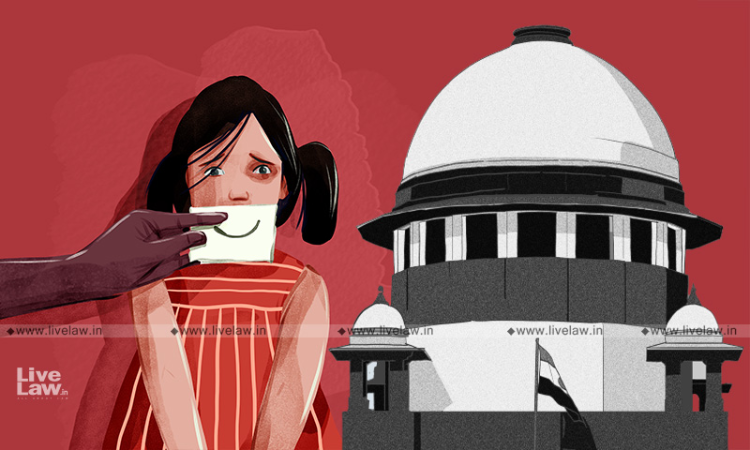'Skin To Skin' Contact Not Necessary For POCSO Offence : AG, NCW Argue Before Supreme Court
Sneha Rao
29 Sept 2021 7:05 PM IST

"POCSO is a special law intended to protect children who are far more vulnerable and that is why one cannot look at S.354 of the IPC and say its similar in nature", AG KK Venugopal argued.
Next Story


